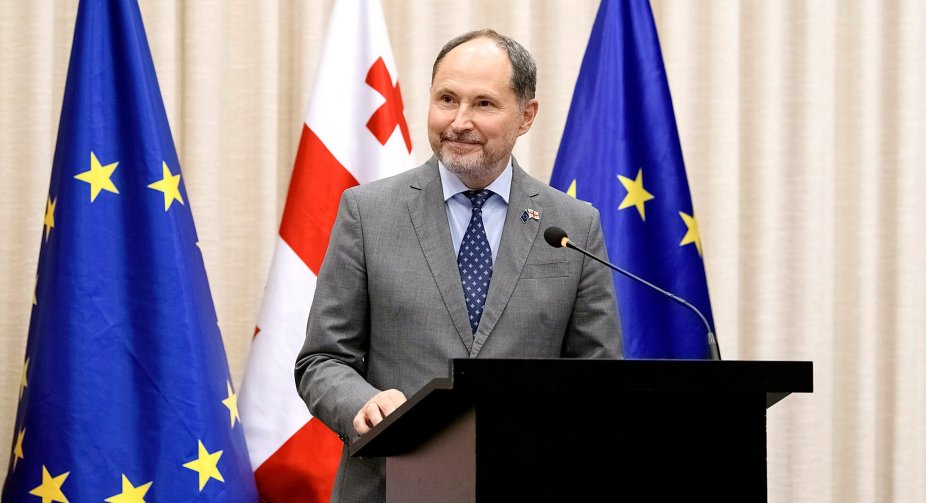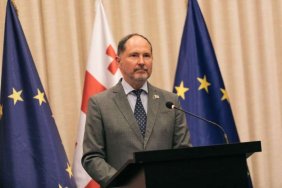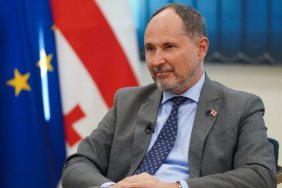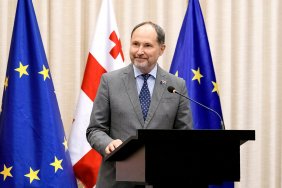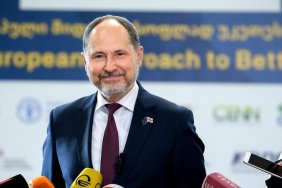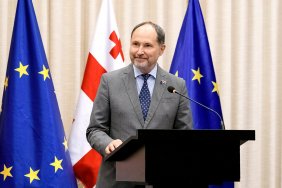Amidst ongoing tension between the European Union (EU) and Georgia, EU Ambassador to Georgia Paweł Herczyński hinted at the possibility of redirecting funding from the government to the civil sector.
This development comes in the wake of the adoption of a controversial foreign influence transparency bill by the ruling Georgian Dream party last month, despite widespread protests and calls by allies to reject it due to its alleged resemblance to Russian legislation.
The bill, which has stirred considerable unrest within Georgian society, has raised concerns about the potential threats it poses to critical voices in the country. Critics argue that the legislation could be used to stifle dissent and limit the activities of non-governmental organizations (NGOs) and civil society groups.
In response to these developments, Ambassador Herczyński emphasized the EU's commitment to Georgia and expressed hope for overcoming the current challenges in bilateral relations. He acknowledged Georgia's historic achievement in attaining the bloc’s candidate country status last year and reiterated the EU's support for civil society and NGOs.
He also indicated that decisions regarding the allocation of funds would be subject to collective deliberation by representatives of the 27 EU member states. While some funding may be redirected or adjusted, he assured that the EU's support for civil society would remain steadfast. In fact, Herczyński suggested that in light of recent developments, the EU may seek to increase its assistance to civil society groups “facing heightened pressure”.
The Georgian Dream authorities claim the foreign funding of domestic NGOs were “intransparent” and they allegedly used the funds to “stir unrest in the country and stage revolutions”.
